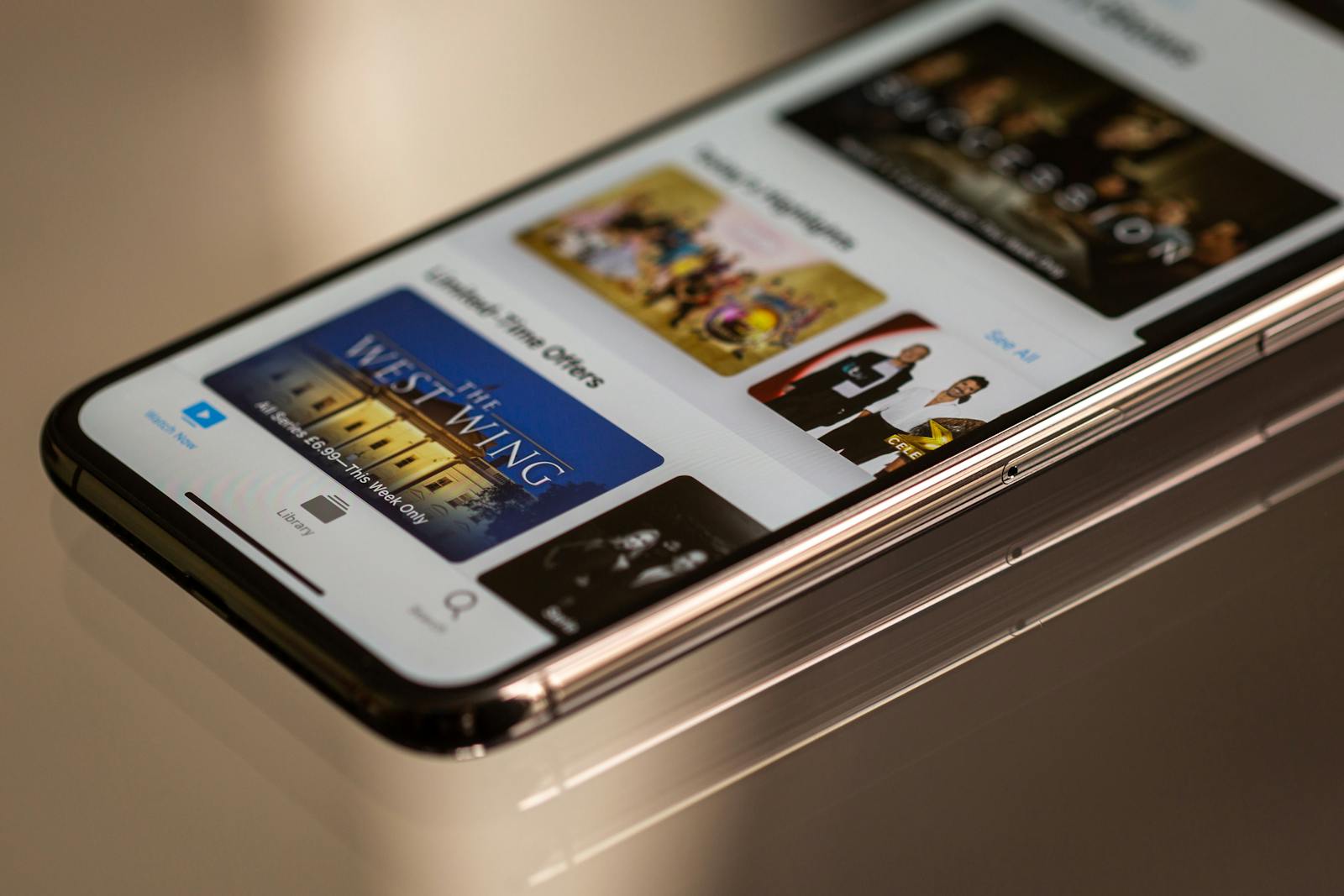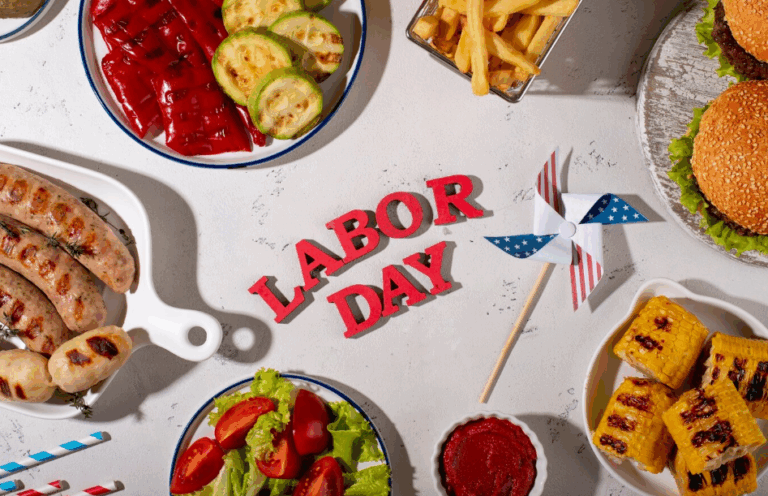Everybody loves free stuff. Whether it’s a sample at the store, a buy-one-get-one deal, or a free trial online, we’re wired to grab it.
But “free” doesn’t always mean no cost. In many cases, there’s a catch. Companies use free promotions to get something in return—your money, your time, or your information. Let’s look at the hidden costs behind what seems like a great deal.
Free Trials That Auto-Renew
Many streaming services, software tools, and product boxes offer free trials. You enter your credit card, get the first week or month free, and if you forget to cancel, you’re charged full price. And sometimes, that charge is more than you expected.
This model works because people forget. Companies count on that. Some trials make canceling difficult, hiding the cancel button behind layers of menu options. Before signing up, check what you’re agreeing to and set a reminder before the trial ends. If you wouldn’t pay for it after the trial, think twice about starting it.
Shipping and Handling Fees
You’ve seen the deal: “Just pay shipping!” It looks like a free item, but shipping might cost ten dollars or more. In some cases, the company is making a profit from the shipping fee itself.
Also, look closely at the fine print. Some of these “free” offers sign you up for monthly subscriptions once you pay for shipping. You might get charged again in 30 days, often without clear notice. If a company is pushing too hard on “just pay shipping,” ask yourself why.
Free With Purchase Isn’t Always a Deal
Buy one, get one free can sound like a bargain, but the first item may be marked up to cover the “free” one. Sometimes you’re required to buy more than you need or spend extra to qualify for the free item.
Retailers know the word “free” grabs attention. They use it to increase your total spend. You may walk away thinking you got something for nothing, when in reality you spent more than planned.
Read More: Find the Best Deals on Computers: Where and When to Shop
Data Is a Form of Payment
Online, free downloads or sign-up bonuses often ask for your name, email, phone number, and sometimes even more. In exchange for a simple PDF or a discount code, you hand over your personal data.
That data has value. Companies use it to target you with ads, build email lists, or sell to third-party marketers. You might start getting spam or calls from companies you never signed up for. Always ask yourself: is the freebie worth the future emails or loss of privacy?
Time Is Money
Some free promotions ask you to complete surveys, sign up friends, or follow steps that take a lot of time. The more time you spend jumping through hoops, the more the company benefits—often without giving you much in return.
If you’re spending fifteen minutes for a free sample that’s worth a dollar, that’s not a great trade. Time is one of your most valuable resources. Treat it that way.
Quality Can Be Hit or Miss
Not all freebies are worth using. Some are old inventory or low-quality samples that a company is trying to clear out. That’s not always bad, but you may end up with a product that doesn’t work or isn’t useful.
In worse cases, a free item can cause harm—like fake makeup, expired food, or faulty electronics. Make sure you trust the source before accepting or using something labeled as free.
Returns and Refunds Can Get Tricky
When you pay for shipping or buy a product with a freebie attached, returning the item can be complicated. Some companies won’t refund shipping. Others require you to return both the main item and the free gift in unused condition to qualify for a refund.
If you used the free item, you may lose the option to get your money back. Always read the return policy before you order. A truly risk-free deal should have a clear and fair refund process.
Not All Freebies Are Bad
This doesn’t mean all free offers are traps. Many companies use free samples to introduce you to their products, and some provide real value without hidden tricks. Brands with strong reputations tend to keep things honest.
Grocery store samples, student discounts, birthday club freebies, and loyalty rewards are often genuine ways to try something without strings attached. Just be sure you know what you’re getting and what’s expected in return.
How to Protect Yourself
Here are a few quick rules to keep freebies from becoming regrets:
- Don’t give out your credit card unless you fully understand the terms
- Avoid offers that require multiple steps, signups, or extra purchases
- Read the fine print on shipping and subscription policies
- Use a secondary email for freebie signups to avoid inbox overload
- If it feels shady, skip it—no matter how tempting
Free isn’t always free. There’s often a cost—money, time, or privacy—tucked behind the offer. Knowing how these promotions work helps you make smarter choices and avoid wasting time or falling into traps.
The next time something promises to be free, take a closer look. If it really offers value with no strings attached, great. But if it comes with a pile of conditions, it’s okay to walk away. Your time, money, and peace of mind are worth more than a so-called freebie.
Read More: How to Find and Stop Hidden Monthly Subscriptions







